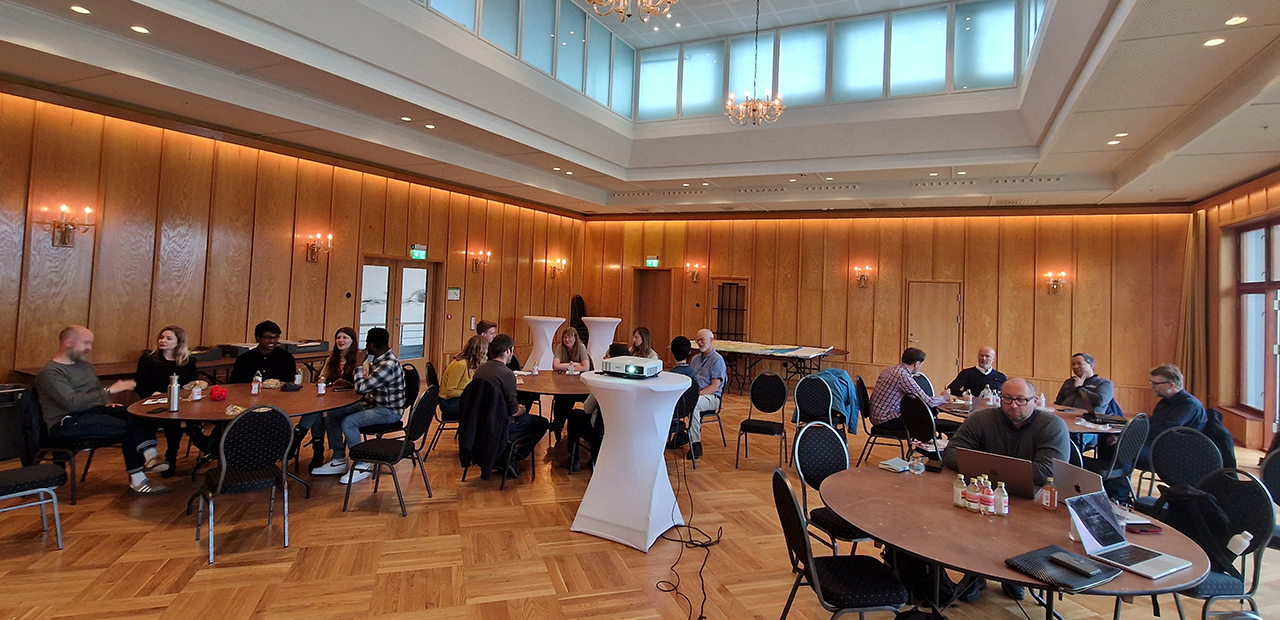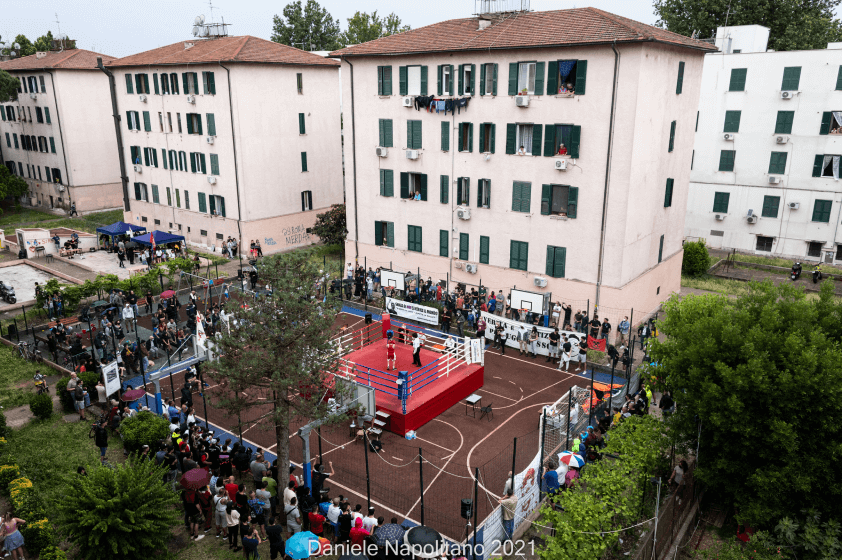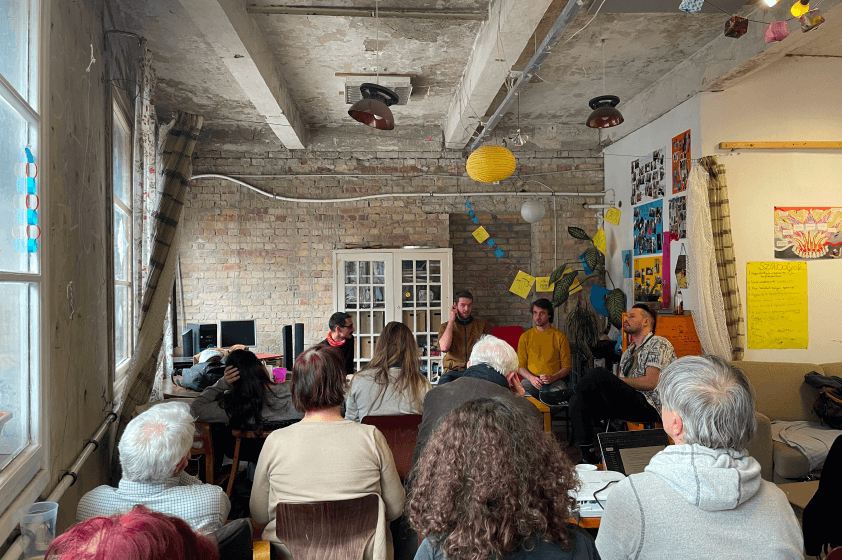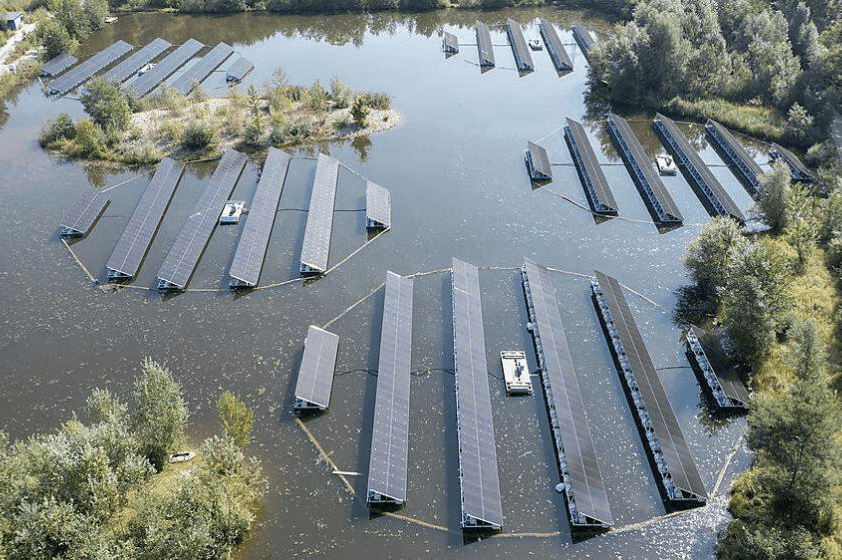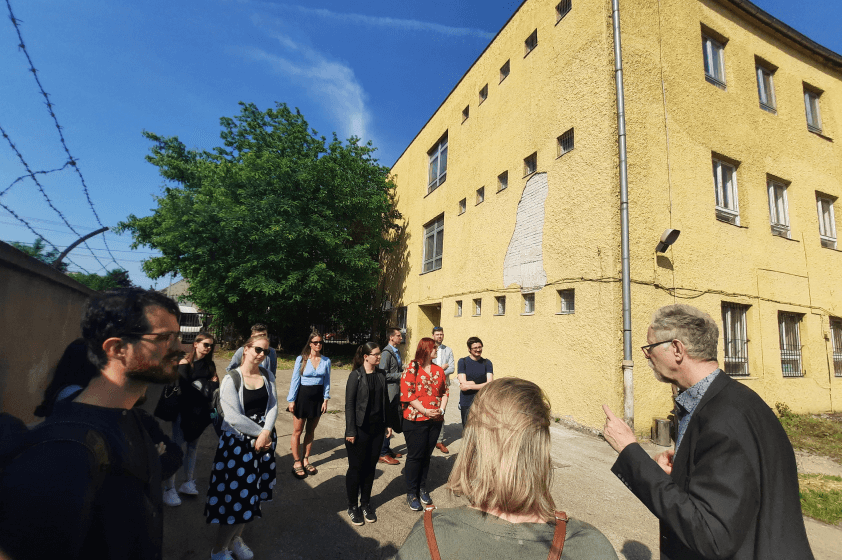This pilot will be developing collaboration between industry and the public sector to reuse waste energy and water.
What are your aims?
PED Hillevåg explores public-private partnership models to reuse waste heat from heavy industrial processes linked to production of animal feedstock. There are novel possibilities to draw upon this energy source in future neighbourhood development.
How would you describe the context of your pilot?
Public-private partnerships and heavy industrial processes have received very limited attention in PED initiatives to date. Yet to displace and reduce major carbon emissions and optimise energy usage, actors across multiple sectors and scales of operation have to cooperate to enable local energy flexibility. PED Hillevåg examines ways to enable such synergies.
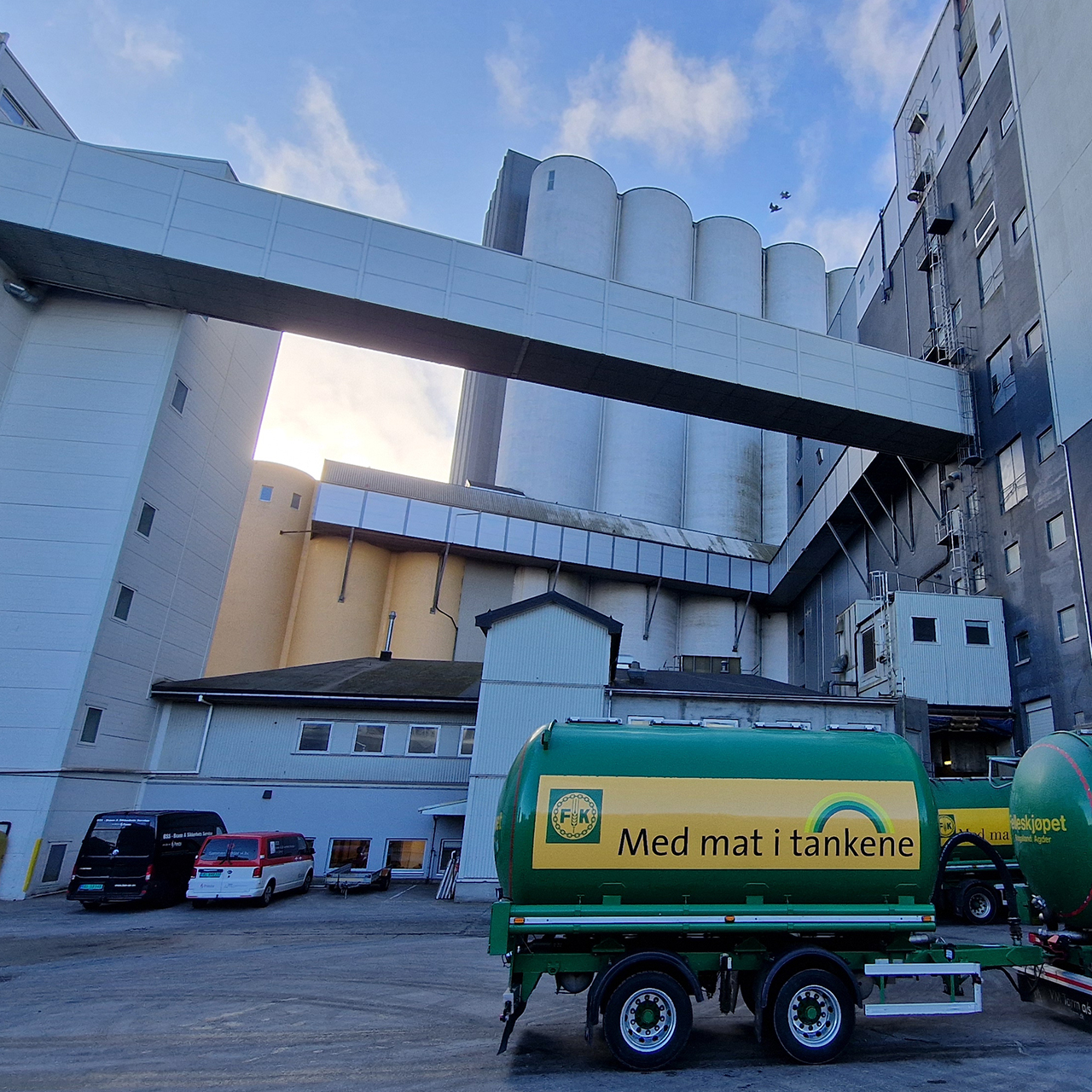
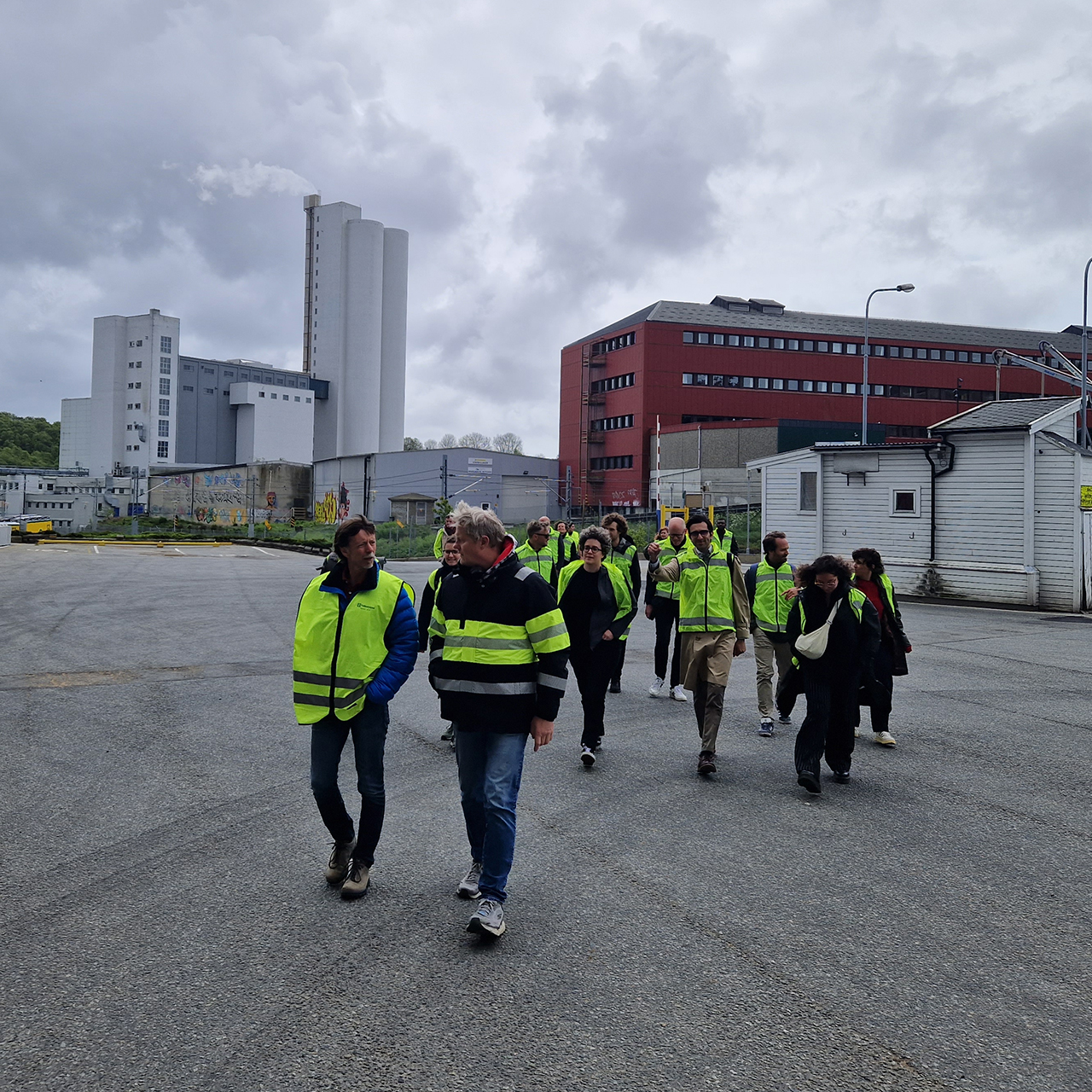
What are your main messages you want stakeholders to know about your pilot?
The largest point source carbon emissions at the urban scale often come from industrial processes and are hard to abate. Reusing some of the process energy in sync with local energy demand, switching to cleaner sources, and coordinating across sectors to tap into energy as multiple vectors (e.g. electricity, heat) all present necessary options to explore for PED development. These endeavours require public-private partnership models in order to enable collaboration across sectors to achieve ambitious urban mitigation targets.
What are the challenges of this pilot and why?
The pace of research and innovation as well as the municipal interest in achieving ambitious urban climate targets follow a different timeline and agenda than corporate actors with ongoing large-scale industrial processes. This introduces a challenge for PED Hillevåg planning to retain relevance during the three-year project timeline, given the need for industrial partners to make long-term investments in infrastructure on a short horizon. Political decision-making on urban development plans in the neighbourhood introduces additional uncertainties with limited scope for knowledge to inform action.
Who are your stakeholders?
Two local heavy industrial partners (Felleskjøpet and Skretting), Stavanger Municipality, the University of Stavanger, the electricity distribution system operator, local community organisations such as Pådriv, and citizen interest groups near PED Hillevåg
What is the expected impact of your pilot, locally, nationally or even EU-wise?
The development of an innovative public-private partnership model for PED development and advanced understanding of the challenges and opportunities to enable such PED models across sectors, for cities to achieve ambitious, rapid climate mitigation in an inclusive manner that aligns needs and practices of a diverse range of local actors.
What interventions, co-designs processes are planned for building and sustaining your energy community?
Ethnographic engagement during site visits, meetings with partners and other local stakeholders, expert interviews and an open workshop to enable reflexive exchange.

